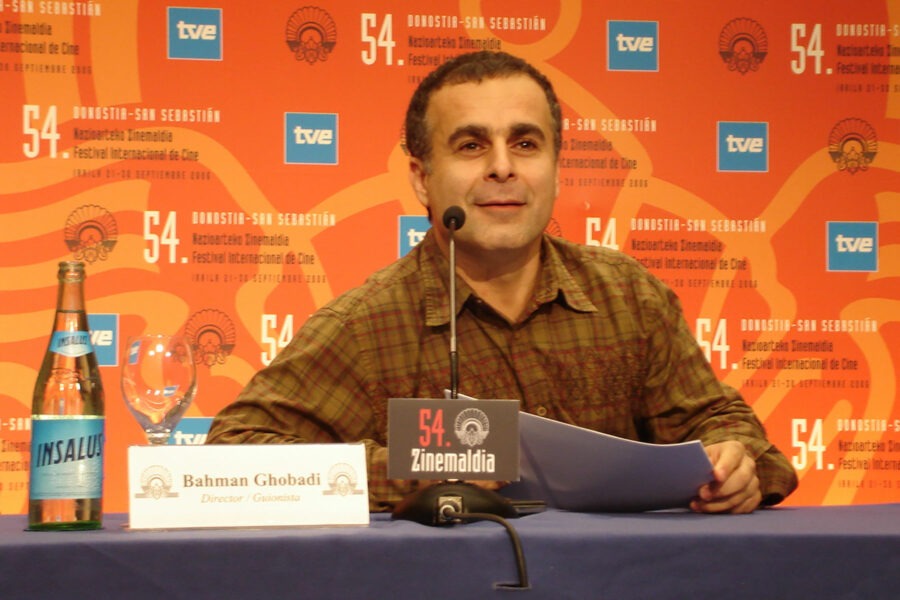Bahman Ghobadi, the Iranian filmmaker who is in exile, wrote an open letter to the Academy of Motion Picture Arts and Sciences on Tuesday, seeking recognition at the Oscars for filmmakers in exile independent of their home countries.
“There could be a refugee team of filmmakers; they can have their works viewed by a jury and eventually one movie can be chosen from the refugee team,” Ghobadi’s letter read, drawing a comparison to the Refugee Olympic Team at the 2020 Summer Olympics in Tokyo.
Ghobadi, whose film A Time for Drunken Horses (2000), won the Camera d’Or Award at the Cannes Film Festival, has been in exile for 13 years. He joined the Academy of Motion Pictures, Arts, and Sciences in 2017, according to Deadline.
In his letter, the director of Turtles Can Fly (2004), which won the Glass Bear and the Peace Film Award at Berlin Film Festival, requests the curator of the Oscars to “have one representative from exiled artists.”
Addressing not just the issue of exiled filmmakers such as Jafar Panahi and Mohammad Rasoulof, but also that of filmmakers in Russia and China who work “under a lot of pressure and censorship,” Ghobadi’s letter stated, “Needless to say that there are a lot of independent filmmakers living in their own countries who have been deprived of their rights and are suffering in silence. These brave filmmakers’ works are not only censored and banned by the regimes, but also they never get an opportunity to enter the Oscar academy.”
Recommended
The director, who won the Golden Shell at the San Sebastian Film Festival twice, also highlighted his own struggles when making films such as what language to use to enable his films to be screened in other countries. “The only thing I can do is to hope that a government will appreciate my art and introduce it to the academy,” he wrote.
Recently exiled filmmakers include several from Afghanistan, such as Sahraa Karimi and Shahrbanoo Sadat, who were rendered refugees after they fled the country following the Taliban’s takeover of Kabul. While Karimi is in Kiev, Ukraine, Sadat has sought refuge in Hamburg, Germany.


